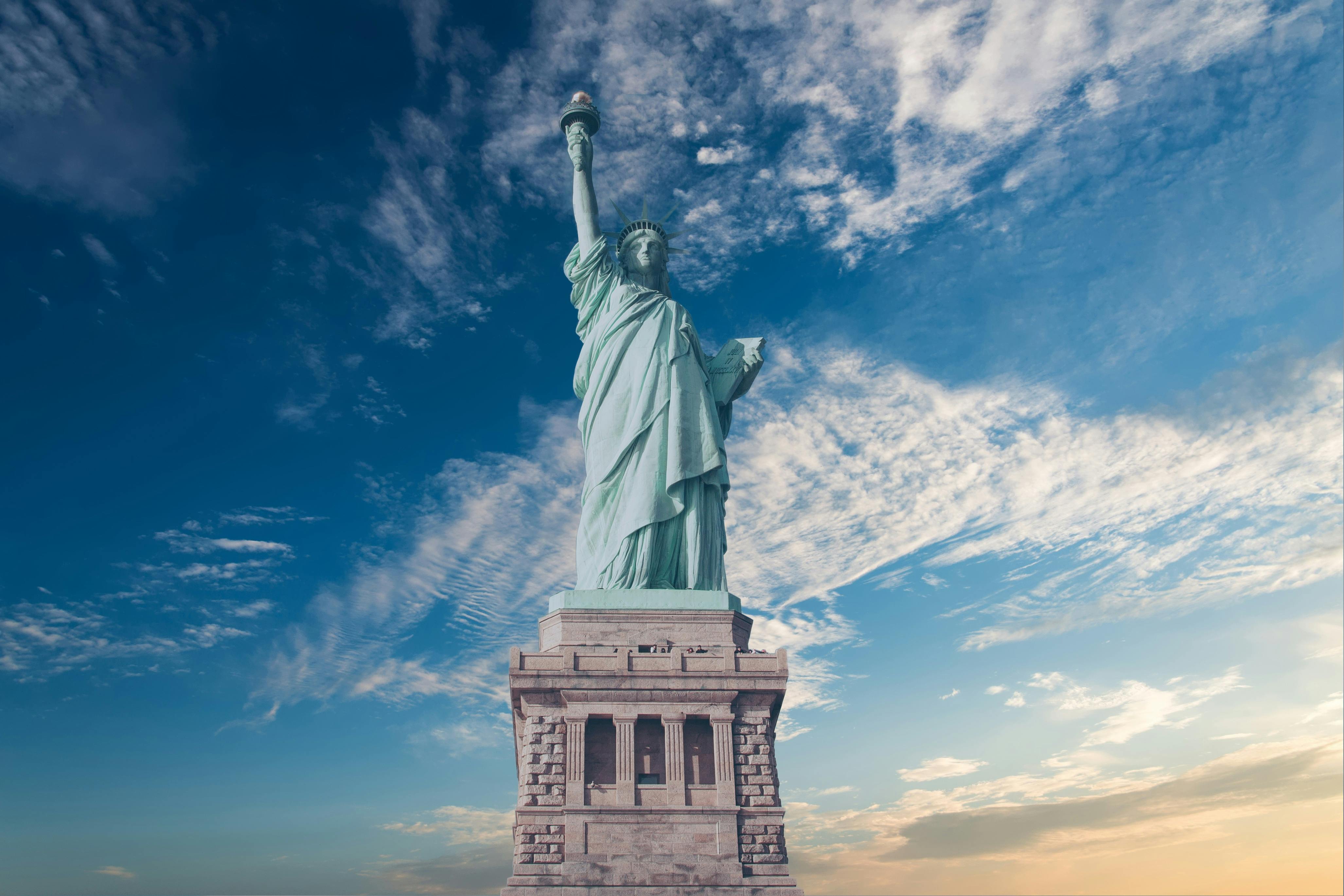US DEI at a Turning Point
The United States is witnessing seismic shifts in Diversity, Equity, and Inclusion (DEI) strategies. With new federal orders dismantling DEI initiatives, companies are grappling with how to align with political mandates while retaining their commitment to inclusion. The rollback has sparked intense debate—supporters argue it eliminates "forced diversity" and restores merit-based decision-making, while critics warn it undermines decades of progress in workplace equity, according to the Associated Press.
Corporate Responses: Adaptation or Resistance?
Companies are responding in vastly different ways. Tech giants like Meta and Amazon are scaling back DEI programs, citing regulatory uncertainty and legal risks, as reported by Reuters and the Associated Press. On the other hand, companies like Costco are doubling down, emphasizing that inclusivity fuels innovation and customer satisfaction. This divergence reflects a deeper ideological divide—some businesses view DEI as a compliance risk, while others see it as a long-term value driver.
Public Sentiment: A Nation Divided
A Pew Research survey reveals that 56% of U.S. workers view DEI positively. However, attitudes differ sharply across political and demographic lines. Younger generations and minority groups tend to support DEI efforts, seeing them as necessary for workplace fairness. Conversely, some conservative-leaning demographics view DEI as unnecessary or even discriminatory. This divide suggests that DEI’s future in the U.S. workplace will be shaped not just by policies but by cultural and generational shifts, according to the Pew Research Center.
Global Ripple Effects: The U.S. Sets (or Disrupts) the Tone
As a major economic force, the U.S. influences corporate policies worldwide. Multinational corporations with American ties are reevaluating their DEI strategies—some scaling back to align with U.S. regulations, while others are strengthening global DEI commitments to maintain a competitive edge in diverse markets. Countries in Europe and Asia, where DEI remains a priority, are closely watching how these shifts unfold, as reported by Reuters.
UN’s Call for Action: DEI as a Global Imperative
The United Nations has reaffirmed the importance of DEI, urging businesses to uphold inclusive policies despite shifting national agendas. The UN argues that beyond ethics, DEI plays a crucial role in combating inequality, fostering resilience, and driving sustainable growth—especially in an era of economic uncertainty and workforce transformation, according to the UN Global Compact.
Consulting Insights: The Business Case for DEI Remains Strong
Despite political pushback, data continues to support the business case for DEI. Reports from McKinsey and BCG show that diverse leadership teams consistently outperform their peers, driving higher profitability, better decision-making, and greater innovation. Companies that retreat from DEI risk falling behind in an increasingly global and diverse talent market, as highlighted by McKinsey & Company and BCG Global.
What Comes Next? Potential Scenarios
The U.S. DEI debate is far from over, and its long-term trajectory depends on key factors:
-
Corporate Independence vs. Political Influence: If companies choose to prioritize long-term business gains over short-term political pressures, DEI may persist in different forms, such as broader “culture and belonging” initiatives.
-
Legal Challenges and Reversals: Some organizations and advocacy groups are challenging anti-DEI measures in court, which could lead to future legal shifts.
-
Talent and Market Pressures: As younger, diverse generations enter the workforce, businesses that ignore DEI may struggle to attract top talent and meet evolving consumer expectations.
-
International Contrast: While the U.S. debates DEI, other regions are expanding it. If global companies find DEI beneficial, they may continue these efforts outside U.S. jurisdiction.
Conclusion: DEI’s Global Future
While the U.S. is at a crossroads, the global momentum for DEI remains strong. The current landscape highlights a key question for businesses: Will they shape the future of work based on political shifts, or will they continue prioritizing diversity as a proven driver of resilience, innovation, and success?
References

